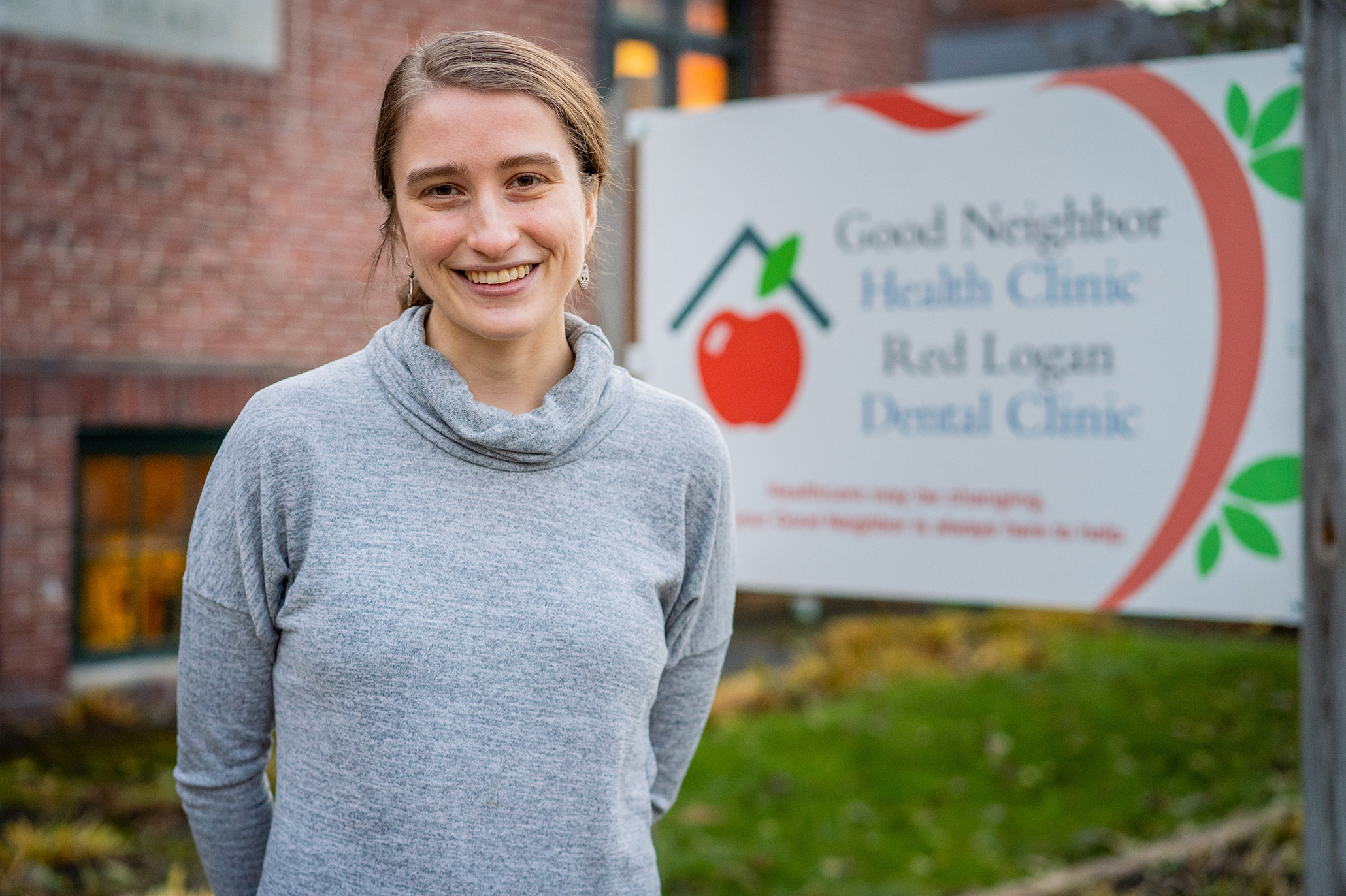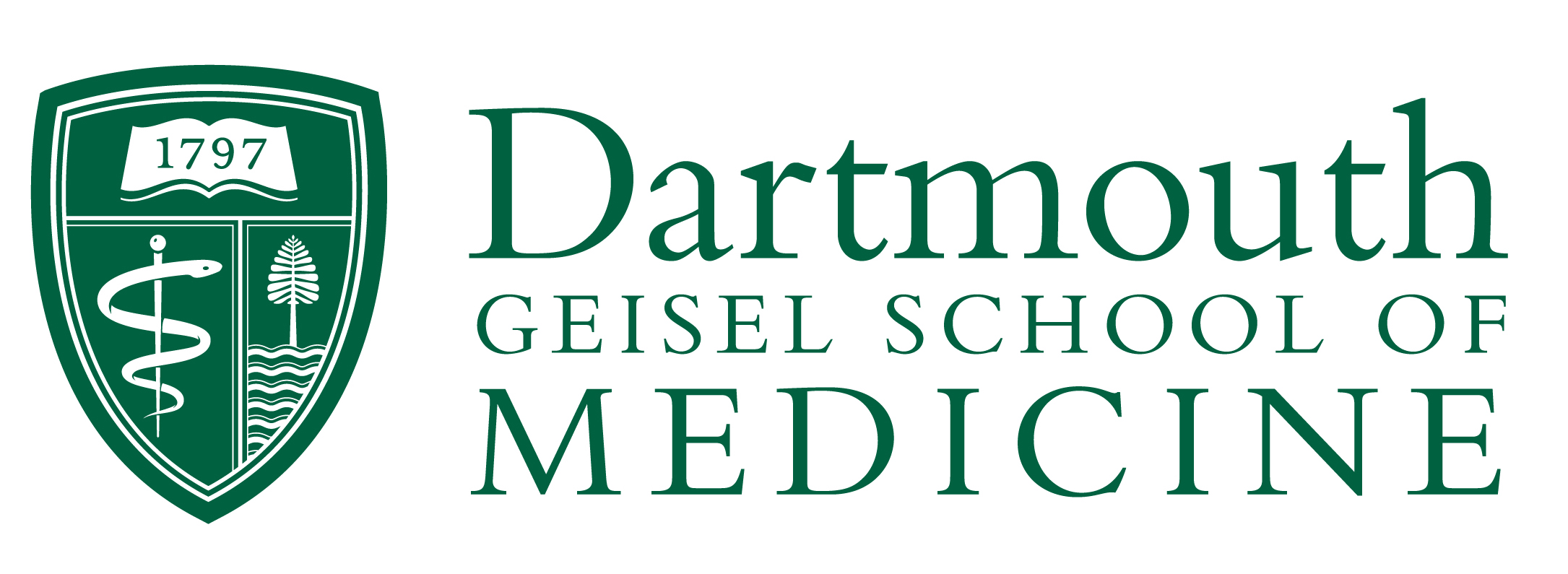
Last spring, the Upper Valley Human Rights Clinic (UVHRC) saw its first clients. The mission of the student-run clinic is to provide medical evaluations for people seeking asylum in the United States. Students, faculty, and community members have been working for years to make this a reality. The UVHRC represents a collaboration between Geisel’s Physicians for Human Rights chapter and Good Neighbor Health Clinic, which administers medical care to the un- and underinsured and has offered its space for the UVHRC. Our clinic is based off of a national model for student-run asylum clinics, present at dozens of U.S. medical schools.
The process for each evaluation begins when an attorney requests our services for their client. An attorney may request a medical evaluation if their client needs to document physical or psychological conditions that are consequences of persecution in their home country. A physician, a student, and, if needed, a translator participate in the evaluation.
Having a medical evaluation can be the difference between being granted asylum and being deported. It’s often difficult for a person seeking asylum to produce evidence to substantiate their case. People fleeing persecution may leave on a moment’s notice, there may be no paper trail of their persecution, or they may not be familiar enough with the U.S. asylum process to know what evidence will be useful.
The threat to asylum is present and real. For the two years prior to coming to Geisel, I worked with people seeking asylum, right after they crossed the border and were released from immigration custody in El Paso, Texas. I saw increasingly restricted access to the asylum process. Some of the policies that spawned those restrictions have been reversed, others are in the courts, and still others remain active.
Physicians have an opportunity to advocate for the dignity and well-being of those who are seeking asylum from violence and persecution. Many thanks to my co-leaders Ashley Yang and Arvind Suresh, our faculty advisor Sarah Johansen, and our physician leads Pat Glowa, Don Kollisch, and Michael Kisicki who are doing this advocacy work.
Written by Christa Kuck




